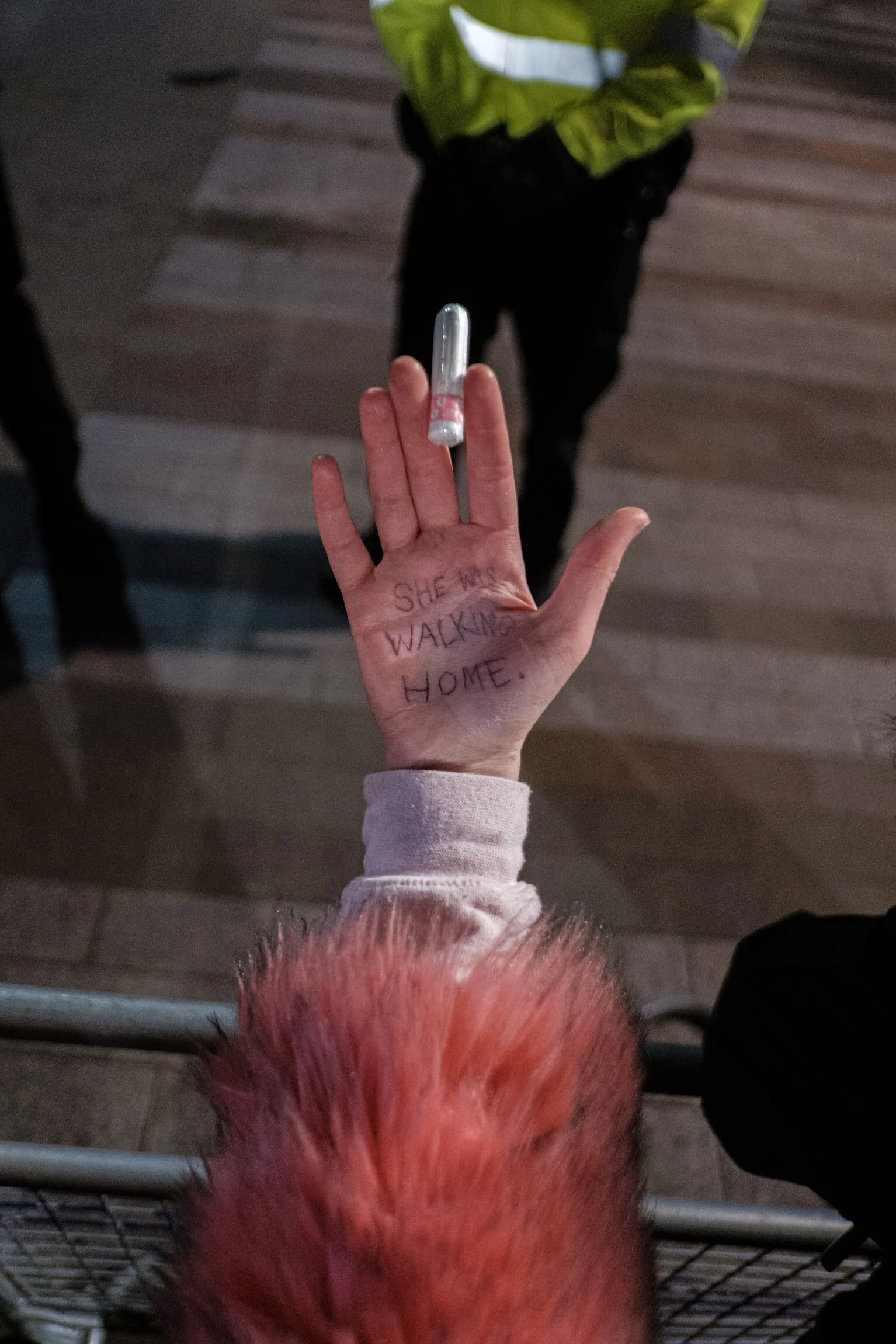No Doesn't Really Mean No, According To A Loophole In North Carolina's Rape Laws
Keeping it vague, I'm going to paint a scenario for you:
House party. girl, guy. Consensual encounter in an upstairs bathroom. Things change and quickly get violent. Girl says no and asks him to stop. He stops momentarily, but then carries on. She still says no.
Police station. Girl files a report. Doesn't count as rape because initial consent counters revoked consent.
Girl drops out of college and loses a scholarship. Guy carries on with his life.
You'd like to think that this wasn't real, but this is the story of 19 year-old Aaliyah Palmer from North Carolina.
There's a loophole in a 1979 state supreme court law which allows rapists to not be prosecuted as a result of revoked consent, i.e. someone changing their mind for whatever reason during intercourse. The initial consent still stands, therefore protecting anybody but the victim.
Credit: Pixabay
Legal heads are also baffled by the North Carolina law, which has prevented numerous rape convictions over the years, much to the frustration of both the victims and prosecutors. Former prosecutor and adviser to AEquitas, John Wilkinson said:
“It's absurd. I don't think you could find anyone today to agree with this notion that you cannot withdraw consent. People have the right to control their own bodies. If sex is painful, or for whatever reason, they have the right to change their mind...No one can seriously defend this loophole.”
The man behind introducing the legislation to amend the law is state senator Jeff Jackson. The loophole has exasperated him on many occasions when he was a criminal prosecutor, having encountered similar cases where his office was forced to dismiss any rape charges.
“North Carolina is the only state in the country where no doesn't really mean no,” Jackson said in a statement. “We have a clear ethical obligation to fix this obvious defect in our rape law.”
It's sad to see that in this day and age there are still some laws that can't keep up with the pace of rape and consent laws elsewhere, but we're pleased to see that there are people out there who genuinely want to make the changes in order to do so.










